SAT vs ACT: How to Choose the Best One for You!
One the most well-known standardized tests to date, the SAT and ACT are some of the most infamous college admissions tests of all time. You’ll need to take one of these tests at some point in your life, and it’s best to start preparing early.
If you’re a high school student starting to think about college, you’ve probably asked yourself: Should I take the SAT or the ACT? With both exams accepted by nearly every college in the U.S., the decision can feel confusing — and a little overwhelming.

Each test has its own strengths, timing structure, and question style, and depending on your learning style, one might actually suit you better than the other.
Need more help? Check out my articles on effective time management, and procrastination tips to help you succeed in high school!
Why Should I Take the SAT or ACT?
Before I break the exams down, you should understand WHY the test is so useful.
Many colleges use the SAT and ACT to gauge college readiness. In addition to your application, they will look at your standardized test scores to see if that matches with the college’s academic rigor and expectations.
It’s a common misconception that the SAT and ACT are the MOST DETERMINING factor in the college admissions process. These tests cannot measure how well a person can perform in a specific college, rather tests a person’s analytical, critical thinking, and work ethic.
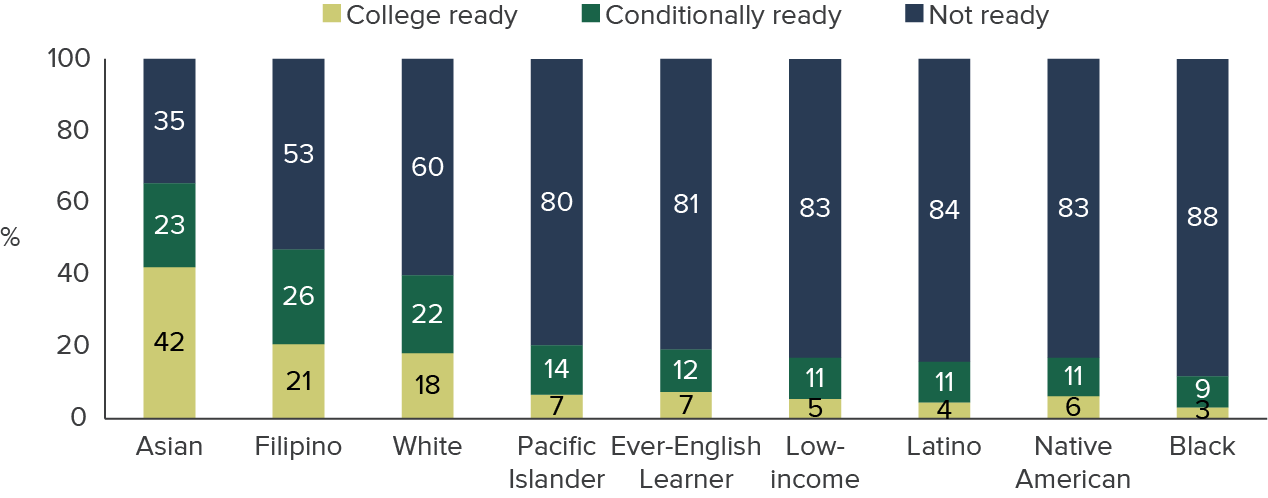
They tell colleges whether you are ready for higher level coursework and can handle the amount of studying that is going to be placed on you if you choose to go there.
Colleges utilize a holistic admissions process, meaning that they look at your application as a whole. Essentially, if you have a really low standardized test score, they won’t immediately trash your application.
However, this doesn’t mean that you should go and bomb these tests automatically. It’s just good to know that they won’t be scrutinizing your test scores to the bone and will look at other factors that will determine your admissions into the college.
Exam Format of the SAT and ACT
The SAT and ACT have a specific structure that you need to know. The table below gives a quick summary of each tests’ parts.
| SAT | ACT | |
| Time Limit (not including break and essay) | 2 hrs & 14 mins (134 mins) | 2 hrs & 55 mins (175 mins) |
| Structure | 4 total sections in this order: 2x Reading and Writing modules with 27 questions and 32 mins each —Break— 2x Math modules with 22 questions and 35 mins each | 4 total sections in this order: English: 75 questions / 45 mins Math: 60 questions / 60 mins —Break— Reading: 40 questions / 35 mins Science: 40 questions / 35 mins —Break— ***Optional Essay |
| Break | 10 mins | 10 mins (5 mins break before the essay) |
| Format | Fully digital | Paper-pencil or digital |
| Availability | Every month except Jan., Feb., Apr., and July | Offered in Feb., Apr., June, July, and Sep. |
| Reading and Writing | 2 modules each incorporating 1-2 paragraph passages | 4 long reading passages |
| Math | Covers: – Algebra I & II – Geometry – BASIC Trig – Data Analysis | Covers: – Algebra I & II – Geometry – Trigonometry – Probability & Statistics |
| Science | No science section. | 1 section meant to test critical thinking and analytical abilities. **NOT specific science knowledge |
| Calculator Policy | Allowed one calculator **Desmos is included in the testing software | Allowed one calculator |
| Essays | None offered | **Optional Will test the ability to analyze and evaluate complex issues. |
| Updates (as of April 2025) | – Bluebook practice tests 1-3 removed – Added practice tests 7-10 | – As of April 2025, for online testing only, the science section is optional. – Paper-pencil tests with an optional science section will be included in September 2025. – The total score will only be reading, math, and English. – Science will be scored separately. |
| Scoring Guidelines | Scored from 400-1600 | Scored from 1-36 Essay is scored from 2-12 |
| Price | $68 | Base price: $65 Add essay: $25 Add science section (only for digital testers): $4 |
General Summary
Both of these tests cost around the same amount. The ACT has extra fees if you choose to include the essay. It’s generally not recommended to do the essay section, as many colleges won’t even look at it. Do yourself a favor and just do the test itself. The SAT already got rid of the essay, so it’s reasonable to assume that the ACT will follow suit, hopefully.

In terms of topics covered, the SAT only does evidence-based reading and writing as well as math. The ACT adds on to that with a science section, but it’s now optional for people taking the ACT digitally.
With the ACT having digital testing, it allows for more people to be able to approach the questions and therefore succeed on them. Conversely, this will affect how the ACT is viewed in the eyes of colleges. Naturally, if you’re going for a STEM major, it’s still recommended to take the science section, but if not, it’s probably not required.
Harvard College has already confirmed that for the upcoming 2025 admissions cycle, incoming students will NOT be required to take the science section of the ACT. You can still take it, but it will be something separate you’ll have to submit.
Types of Questions
In terms of the types of questions on each section of these tests, the SAT favors complex passages. So if you are able to break it down and analyze each part, then this is the test for you.
On the other hand, the ACT has longer passages, but the questions don’t really require complex analysis. Because you have less time per questions, you need to be able to interpret parts of the passage quickly and sum in up concisely.

The SAT heavily relies on logic and critical thinking with multi-step word problems in the math section.

The ACT however, is a lot more straightforward. Once again, speed is key. You need to be able to interpret graphs quickly, and solve algebra problems at a quick pace.
Lastly, the SAT does not have a science section while the ACT does, so that means more data interpretation. If you absolutely hate that, take the SAT.
Key Differences Between the SAT and ACT
From the table, we can see that you get more time per question with the SAT. With the ACT, you have less than a minute to complete each question.
Both are about the same level of difficulty, however the testing style is drastically different. The ACT is very fast-paced, having more questions you need to answer within a time period. The SAT is about critical thinking, analyzation, and logical flow, so it has less questions, but most require careful thought before you can come to a conclusion.
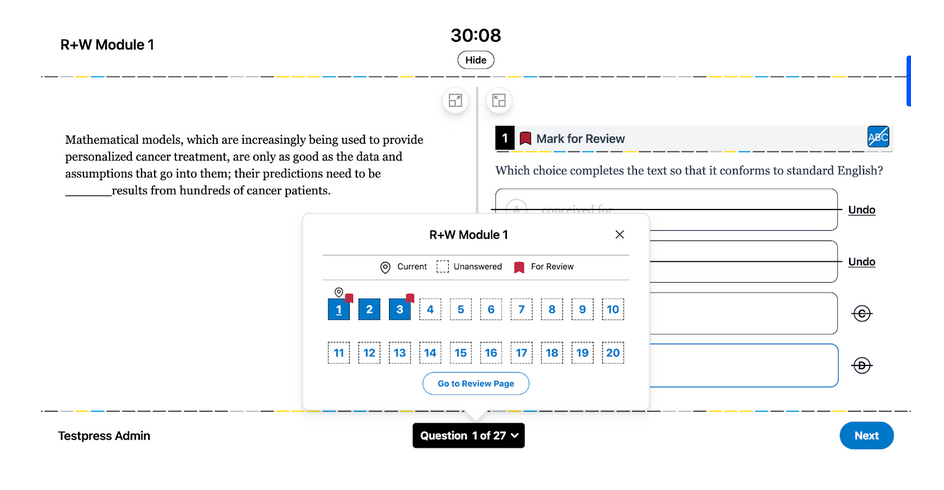
The SAT is also fully digital now, allowing for ease of use. The ACT will be slowly transition to being digital, but is still largely a paper-pencil test.
One is not more heavily favored than the other in the eyes of colleges, but many STEM students tend to lean toward taking the ACT. This is because the ACT places less emphasis on the humanities by including a science section. Though, it isn’t meant to test specific science knowledge, it does require reading graphs, interpreting data, and critical analysis.
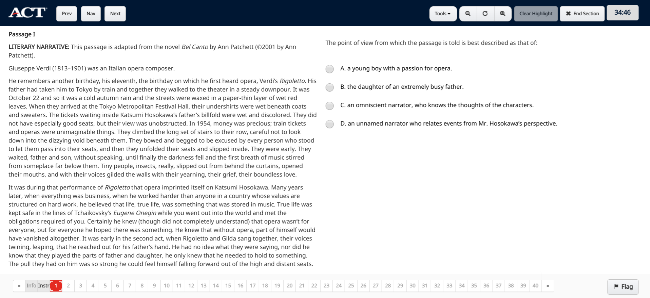
This might not be a strong suit for all students, so it may be daunting trying to tackle this section with a weak foundation. Unless you’re taking the ACT digitally, you still need to take the science section, which is why many students will still lean towards the SAT.
Since the SAT covers more general topics, it is better for the majority of high school students.
General Scoring Policies
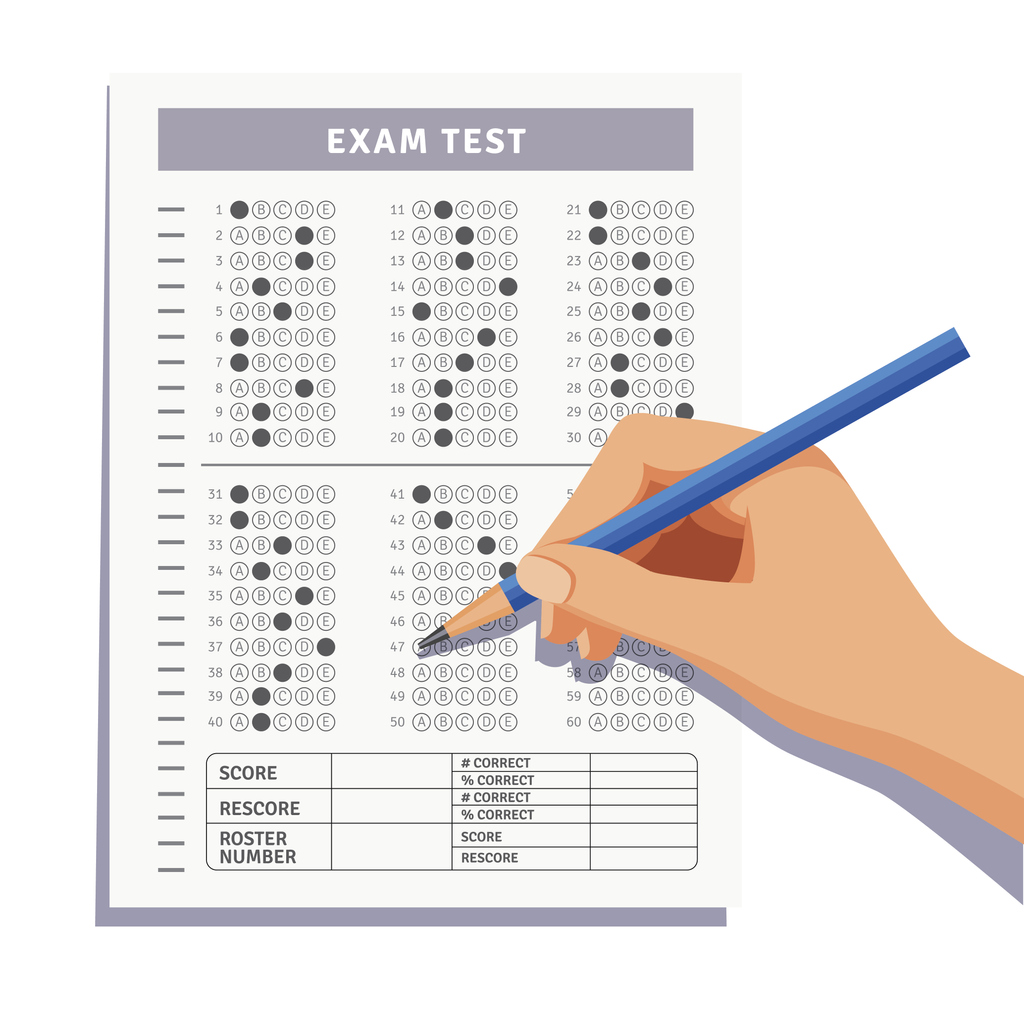
Another major thing is the scoring system. The SAT is scored on a scale of 400-1600 and the ACt is scored on a scale of 1-36. One difference between the two is that the ACT score is actually a composite score. It is your average score of all 4 sections of the test.
Each section is scored on a scale of 1-36, and your final score is the average between all those. This means that it is a lot more forgiving if you miss a question or two as your total score is an average, not a raw score.
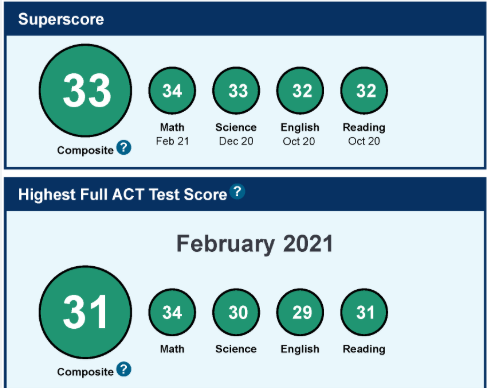
The SAT however, calculates their scores based off the answers you get correct. You wont’ be docked off for questions you don’t answer, but their isn’t a penalty for wrong answers, so its encouraged to answer every single one.
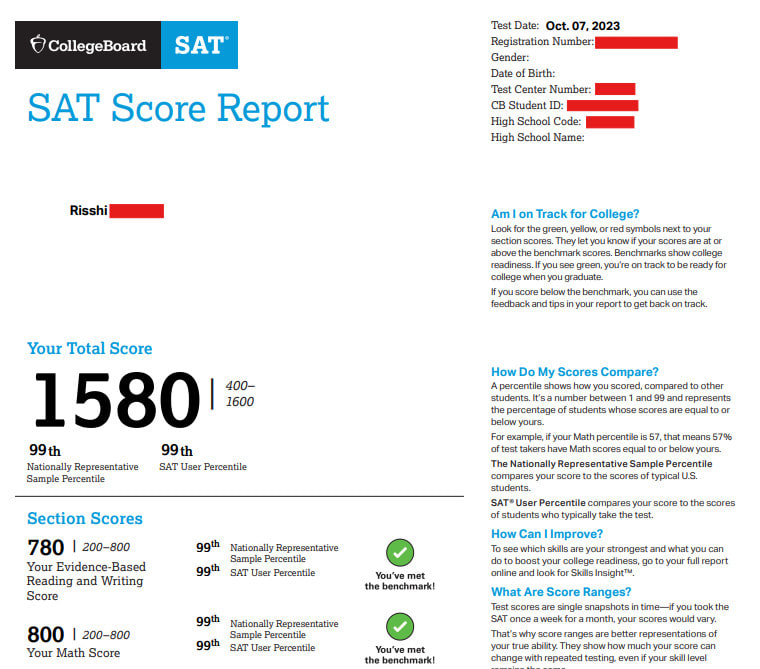
Since it is digital though, the software, Bluebook, is programmed to know when the student is guessing. So don’t just go in and pick random answers and hope you’ll get a good score. The system will know you’re guessing and automatically give you a low score, even if you miraculously got all of them correct.
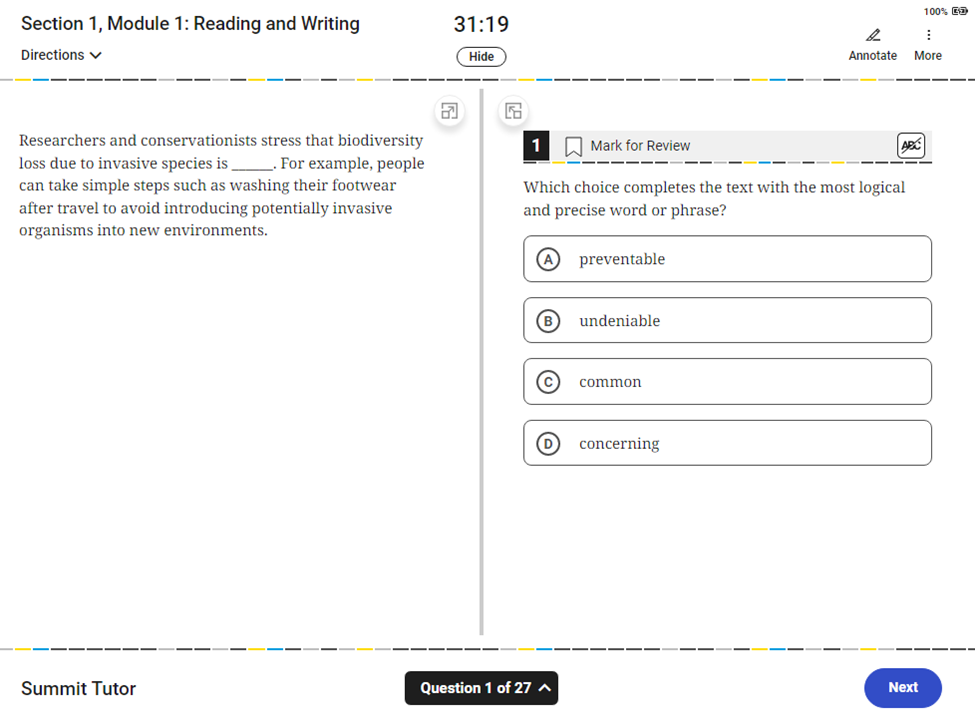
The digital SAT is also adaptive. This means that it can adjust the difficulty of the questions based on how well you’re doing during the test. If you get more questions correct, you get harder questions, and vice versa.
Because of this, the very first module will determine the difficulty of the subsequent modules. If you score low on the first module, the test will give you a second, easier module. Even if you score well on this module, your maximum score will be capped at around 600 because it’s easier.
Make sure you do well on the first module to maximize the chances of getting a higher score.
Superscoring Policies
The SAT allows something called a superscore. Certain colleges will let you take your highest reading and writing score and highest math score and combine it together.
For instance, if your highest score on Reading and Writing was a 690 and your highest score on Math was a 750, your superscore would be a 1440. That is what you would send to colleges.
This is great because you can focus on one section at a time. If you struggle with studying both subjects at once, you can study one first, then after you get your desired score, then you can study the other.
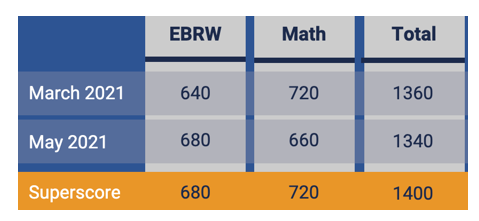
The ACT also offers a superscore. Similarly, they would take your highest score from each section of the test and average them to get the highest possible composite score. Once again, not all colleges will allow this so make sure to refer to this list.
For instance, if your highest scores in reading, math, English, and science were a 33, 34, 31, and 35, respectively, your composite superscore would be a 33.
Which One Should I Take?
While both tests are equal in difficulty and neither are favored more by colleges; in general, the SAT is a lot more versatile.
The ACT isn’t accepted by all colleges and with the current changes going on, it might be difficult to accurately study for.
The SAT focuses on critical thinking, analyzing texts, and synthesizing information. The ACT is more fast-paced and focused on quick responses. I wouldn’t go as far to say the ACT has easier questions than the SAT, but they require less thought.
If I were to compare tests, you need a LOT more speed with the ACT has you have less than a minute to answer each question. For the SAT, it’s more about how well you can understand information, and form logical conclusions based off of what you read.
Yes, I understand that you do still need speed for the SAT, but it isn’t on the level of the ACT.

Overall…
Take the SAT if you/you’re:
- ✅A strong reader and can break down complex passages
- ✅ Prefer more time per question (SAT has fewer questions but more time per section)
- ✅ Don’t love science — the SAT doesn’t have a dedicated science section
- ✅ Like questions that build on logic and reasoning
Take the ACT if you/you’re:
- ✅A fast test-taker who can handle a quicker pace
- ✅Strong in basic math but prefer less emphasis on word problems
- ✅Good at reading and interpreting graphs/data quickly
- ✅Like more straightforward, direct questions
- ✅Confident in science reasoning (it has a full science section)
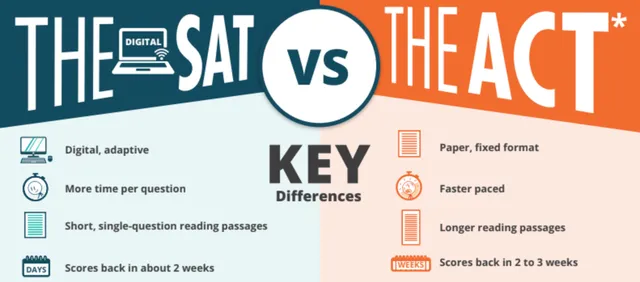
Still Unsure?
For those of you that are still unsure about which test to take, try BOTH. I would go and take a practice SAT and then a practice ACT. Try to simulate realistic test conditions for both tests.
Silence your phone, go to a private room, etc. Go to someplace where you will be able to solely focus on taking the test. Also, include the breaks in between sections. 10 mins isn’t that long on paper, but it can really help after 1 hr of reading texts.
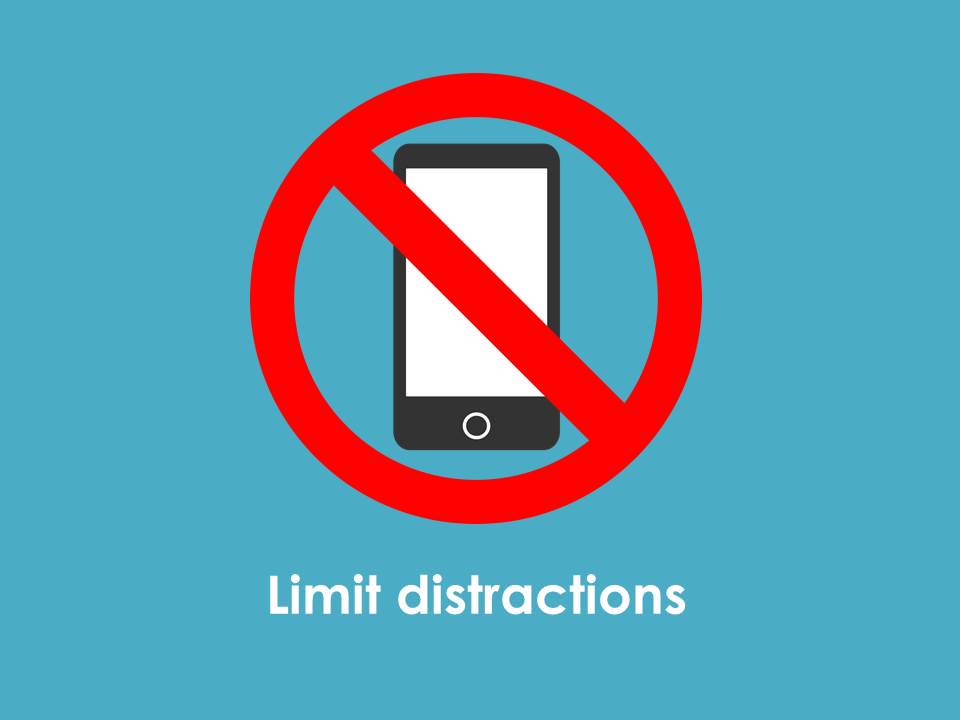
After taking them, score the tests. Then, pull up a concordance chart and convert your ACT score to the equivalent SAT score. This will allow you to compare the two scores with each other.
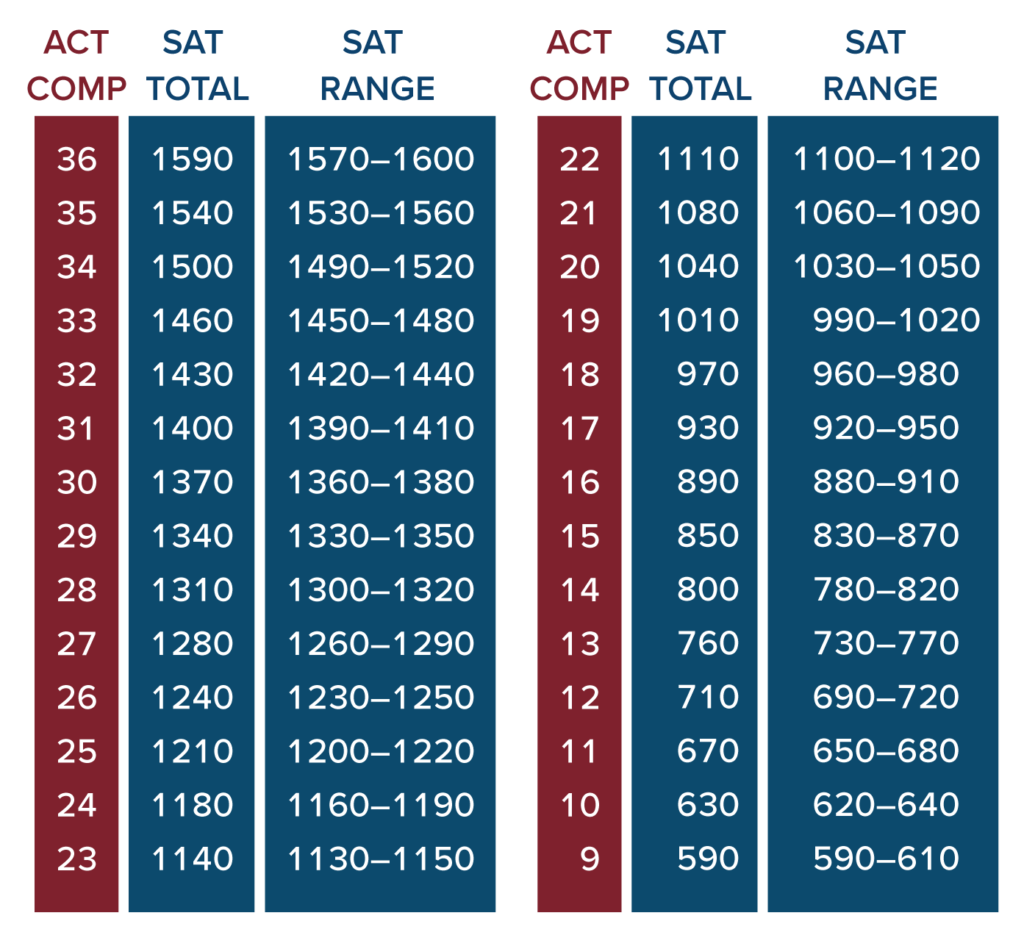
A general rule of thumb to follow is that you should focus on the test in which you scored at LEAST 50 points more on.
If the two tests are less than 50 points apart or they are around the same score, that means you can take either. The results have shown that you don’t favor a question type from either test, so if you’re starting fresh, just choose the one you like best.
Final Verdict for High Schoolers

At the end of the day, choosing between the SAT and ACT comes down to understanding your personal strengths, test-taking style, and what feels most manageable to you.
Both exams are equally respected by colleges, but one may align better with how you think and process information.
Whether you prefer the SAT’s logical, analytical approach or the ACT’s fast-paced, straightforward format, the key is to start early, take practice tests, and use the right resources to prepare.
No matter which test you choose, consistent effort and smart strategy will get you closer to your college goals. Still unsure? Try both — and pick the one that sets you up for success.
**Don’t forget to check out my other articles on the best youtube channels for studying and my ultimate productivity guide!





